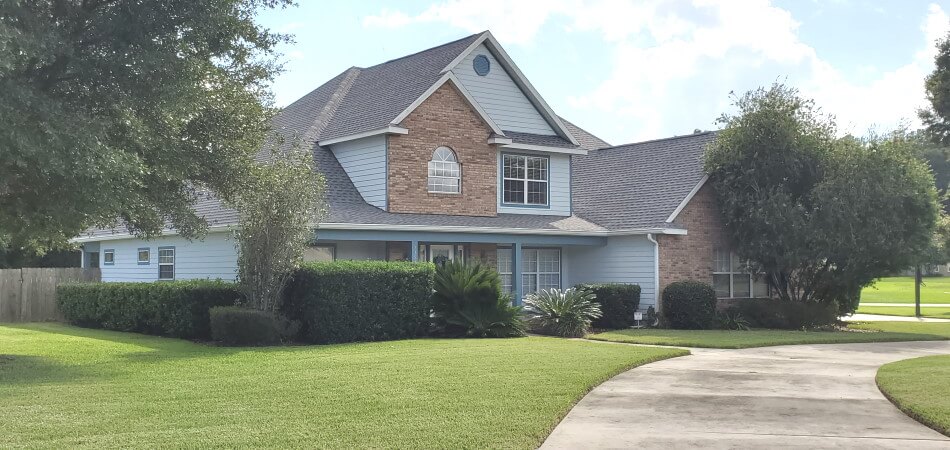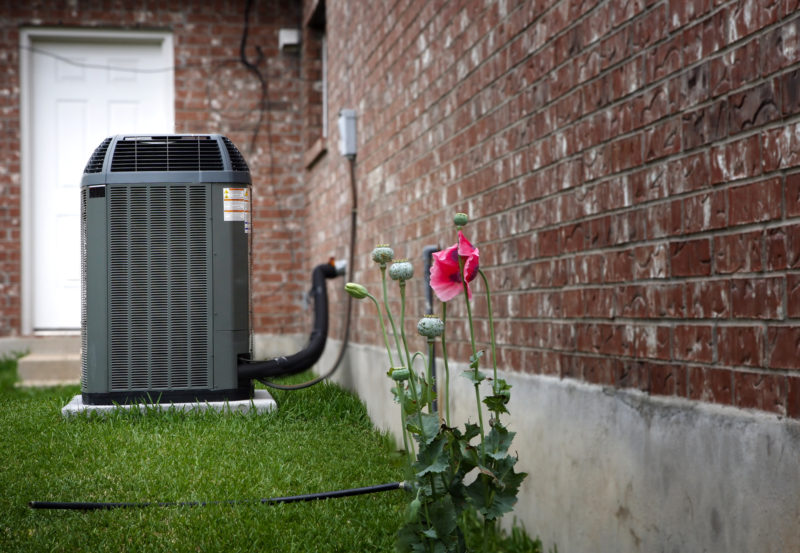
James Hardie fiber cement siding will improve the look and longevity of your home. It is strong and durable, with low maintenance. It can also withstand moisture and fire. It is resistant to hail, wind, and freezing temperatures. Insulation can be added to your home to improve its durability.
With the rising threat of wildfires and changing climates, it is essential to ensure your home's exterior protection. Siding is an investment that can pay for itself in a short amount of time, but you need to be sure that your new siding will last. When your siding falls short, you can end up with water damage that could affect the interior of your home.
James Hardie will guarantee your siding's durability and resistance to the elements for a period of 30 years. Moreover, you can get a variety of styles to suit your home's aesthetics. If you want a more traditional look, you can choose vertical plank siding. This siding is made with a combination of cement and fiber cellulose. HardiPlank does not require regular painting, and can last for many years.

Fiber cement siding is also environmentally friendly. It does not contribute towards global deforestation. It is also resistant against flooding and pest infestation. Ultimately, you are doing your part to protect the environment while increasing the value of your home.
Fiber cement siding can also help reduce your energy bills. Fiber cement siding can reduce the cost of replacing materials, saving you money over the life-span. It is also water-resistant so you don't have worry about water damage.
It is also fire-resistant, which is an added benefit. Some siding types are flammable and can lead to home damage. James Hardie fiber-cement siding, in addition to being non-flammable is also fire-rated. It's the perfect siding for adding fire protection and insulation to your home.
James Hardie offers a wide range of products to meet your home’s needs. James Hardie siding can be customized to suit your needs, whether you are looking for a simple horizontal design, a traditional look with wood grains, or something more modern with stucco. It's also locally manufactured, making it environmentally friendly.

James Hardie fiber cement is also easy to clean. You can clean it with a gardenhose. The siding can then be painted any color you want. A foam insulation can be placed between the siding or walls to help keep your home cool and energy-efficient.
James Hardie Fiber cement siding can be expensive despite the many benefits. It is important to hire experienced contractors who will complete the job correctly. You can't go wrong with a contractor who is qualified to install your siding. James Hardie has a contractor certification process that will verify the competence of your contractor.
FAQ
When do I have the obligation to pay for the service/contractor
The type of service is dependent on how much you pay. If you hire a contractor for a roof installation, payments would be made as soon as the work is completed. A supplier might require you to test and receive the item before you pay.
What does my SCA include?
Your SCA will detail the scope of work, including the time it will take, how many materials are needed, what equipment is required, and whether special permits are necessary.
Do I need a legal representative to sign my service agreement?
No. You don't need a legal representative to sign your service agreements. However, you may want to appoint one as a precautionary measure.
Legal representatives are people who represent another person. If you are a contractor you might want to appoint someone as your professional representative.
This could involve hiring a solicitor, accountant, or other professional. You could also appoint someone to take care of your business interests.
In most cases, the client is responsible for appointing a legal agent. Sometimes, however.
Legal representation in any case means that you are legally protected.
Are there any additional things I need to consider?
Yes. You should check the laws in your area about the types of projects that you are permitted to undertake and the requirements you must meet. Some states require that you get council approval before you build. Other states require that you notify the council of your plans. You can check with the local authorities for their views on this issue.
Statistics
- (3) The contracting officer may provide for a contract price adjustment based solely on a percentage rate determined by the contracting officer using a published economic indicator incorporated into the solicitation and resulting contract. (acquisition.gov)
- (v) Place or places of performance of the prime contract and first-tier subcontracts estimated at $10 million or more, if known. (acquisition.gov)
- Reasonable late fees go up to 25% per year on unpaid sums. (lawdepot.com)
- Don't take their anger personally, they are mad about the situation 99% of the time. (activatemylicense.com)
- (ii) Name, address, and telephone number of each proposed first-tier subcontractor with a proposed subcontract estimated at $10 million or more. (acquisition.gov)
External Links
How To
What should a contract of service include?
An SA is a key component of any business relationship. It outlines what you expect from each other and how you will achieve this. The SA also defines when and where you expect the other party to deliver on its contractual obligations.
A successful SA must include these key elements:
-
The scope of work and services required by both parties.
-
Payment terms details, including start date and expiration dates for goods/services.
-
An agreed price for your project.
-
Any additional costs like VAT etc.
-
Whether there is any other matter that should be discussed.
-
Who will take responsibility if there is an error in the job?
-
How disputes will be resolved.
-
What happens if a party breaches the contract.
-
What happens in the event of a dispute.
-
When does the contract take effect?
-
What happens when one of the parties doesn't perform?
-
What time do you need to pay your invoices?
-
Who pays for travel expenses?
-
Where the money comes from.
-
What happens if the client decides to change his mind about the project.
-
What happens to the supplier if they don't show up.
-
Who has access during construction to the site?
-
What happens if a customer cancels the contract?
-
What happens if a product is not as described?
-
What happens if the manufacturer refuses parts?
-
What happens if the equipment breaks down.
-
What happens if the project takes longer than expected.
-
What happens if the work isn’t completed within the stipulated time?
-
What happens to the project if it isn't up-to-standard?
-
What happens if costs exceed expectations?
-
What happens if the materials aren't delivered on time.
-
What happens when the material arrives damaged.
-
What happens if the products are not up to standard.
-
What happens if the job has to be canceled?
-
What happens if the company goes bust.